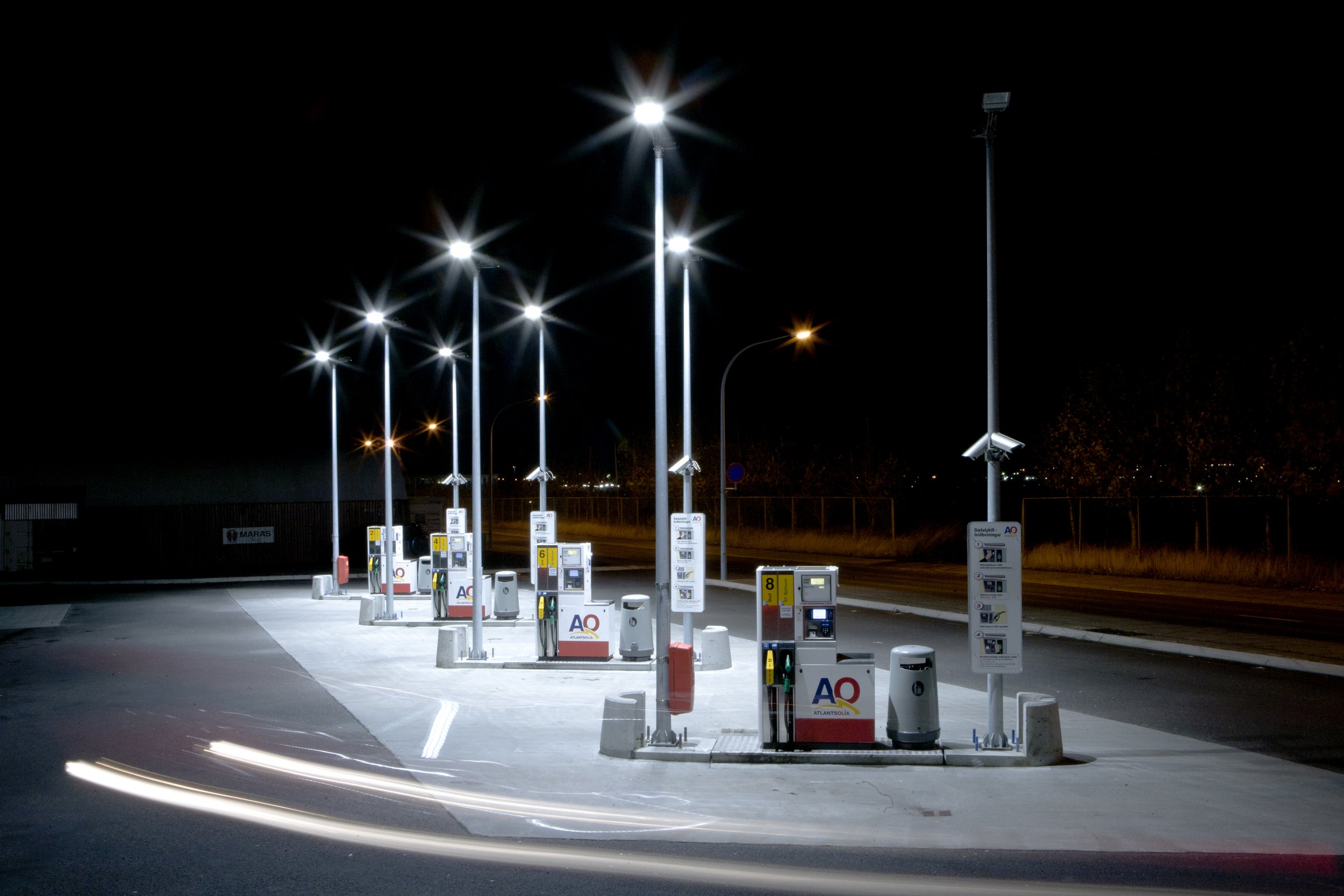
Quora Questions are part of a partnership between Newsweek and Quora, through which we'll be posting relevant and interesting answers from Quora contributors throughout the week. Read more about the partnership here.
Answer from David Schwartz, Political geographer, hazard analyst:
Change is the only norm in the world. And everything changes.
You change.
Your parents changed.
The climate changes (both with and without our help).
Technology changes.
You are born.
You die.
And even the probable lack of change in your pocket is a type of change.
But we, as humans, generally have a very hard time accepting change and the deep seated implications behind change. In the US there is a prevailing thought that we are declining, failing, and being overrun with the worst of society because we are not holding to a traditional set of values (a moving target at best). And thanks to the way we consume media, the group that believes in that narrative finds media that supports that view.
But the reality is different.
David Schwartz's answer to Why is America so unsafe?
Note in this answer that the actual motivator of how we view crime is in the reporting of it, when violent crime is on the decline. Sure it's great "fun" to point at the homicide rate in Chicago, Baltimore, or some other big city and say various pieces of thoughtless drek, but that stands as exceptions to the broad trends, not indicators of the trend.
We like to state that nothing is made in the US any longer, but the reality disagrees.
This is manufacturing output from 1987:
This is the index value for manufacturing, mining, electric, and gas production since 1919:
Now the kicker, employment 1987-present:
Now lets look at productivity compared to employment in the same period:
Productivity is comparatively flat meaning we are able to as much as before with fewer people. While we are producing more and more in this country just not the cheap stuff, and even not so cheap stuff, you get at the store. That's very scary change. Gone are the days of good industrial jobs at the factory, good mainly thanks to unions, that employed a significant percentage of many metro areas. While there is still need for folks like this, there is less need and a reduced scale of need for the task accomplished.
To put this in context, I have an anecdote. A year ago my brother picked up a contract job running a CNC machine and a pair of programmable lathes. This was really interesting and cool but it fell into the context of manufacturing jobs in the US which him and I had been hashing over for the prior couple weeks. His position was that manufacturing was declining and we make less and less. Mine was what you see above, that we make stuff but the jobs are declining thanks to automation. I then pointed out to him 100 years ago, for a single shift, the equivalent set of machinery would employ about 10–20 people at least. In the early 21st century it was just him and loose plans to hire a part timer for some scut work to help him.
You could hear the dawning realization over a phone line. It was glorious.
This is what everyone has to do: Realize that what we once believed either no longer applies, is dying out, or is profoundly transforming. Realize that and then realize:
THAT IS NOT A BAD THING.
But not for the reasons you may think. It's not going to be a case where we will see everyone who once manufactured now retraining to fix the machines that manufacture. We will need only a fraction of that total. Having done service work for a company, I know you can keep a small number of people employed repairing things. I alone kept up the lighting equipment for a dozen regular clients and many more one time clients. Each client had somewhere between $20,000 - $500,000 worth of gear and I fixed that all on my lonesome. And there was no need for me to have help except as an occasional overhire role. Because one person with good technology and knowledge can do more than a dozen people with only knowledge, generally.
What we will see instead is a profound change of the lives we lead as manufacturing, including food, becomes mechanized and even AI run. At some point in the not too distant future, maybe my toddler's future, maybe her children's, there will be a change and most of the US will not have to work. Heck most of the world will probably not have to work if they do not want to.
And what that implies is both awe inspiring and terrifying.
Because change is normal and scary.
Is the US going downhill? originally appeared on Quora - the place to gain and share knowledge, empowering people to learn from others and better understand the world. You can follow Quora on Twitter, Facebook, and Google+. More questions:
- Politics of the United States of America: How does the American political system work?
- The Economy of the United States of America: How will Brexit affect the US economy?
- Manufacturing in the USA: Why is manufacturing returning to the United States?
Uncommon Knowledge
Newsweek is committed to challenging conventional wisdom and finding connections in the search for common ground.
Newsweek is committed to challenging conventional wisdom and finding connections in the search for common ground.





